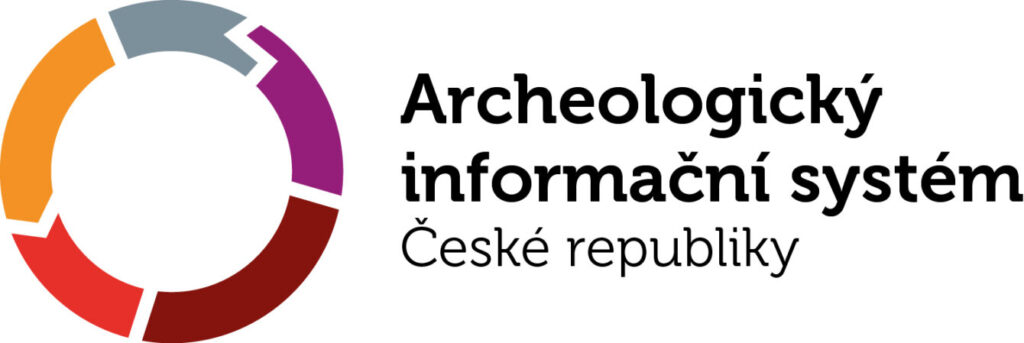
Archaeological Information System of The Czech Republic, Institute of Archaeology of the Czech Academy of Sciences
Location: Prague & Brno, Czechia
Date: 16th to 20th September 2024
Contact: Olga Lečbychová (lecbychova@arub.cz)
Visit the dedicated Summer School website for more information.
AIS CR serves as a central public service dedicated to securely managing archaeological data at the national level in the Czech Republic. It actively promotes the dissemination, synergistic utilisation, and accessibility of this data for both scientific and general purposes. By integrating various components of the archaeological information collection and distribution process, AIS CR addresses legal aspects related to fieldwork, supports education, and manages the preservation and availability of primary research data. These records are crucial as they represent the sole remaining documentation of archaeological contexts, many of which have been irreversibly impacted by construction activities. The main objective is to implement a universal information system within the practices of archaeological institutions, enrich it with additional data and facilitate its integration with other sources. Currently, AMCR contains essential information on all planned, ongoing, and completed fieldwork in the Czech Republic, along with their outcomes. AIS CR has established a dedicated team of data experts advocating for substantial changes in archaeological research approaches and archive management. Their efforts have significantly contributed to increasing the accessibility of Czech archaeological data through an open access regime. Furthermore, AIS CR actively participates in international research projects and initiatives, fostering data integration, promoting sharing standards, eliminating barriers to international data use, and disseminating best practices based on FAIR data principles in archaeological data archiving.
Services currently offered by the infrastructure:
AIS CR is an umbrella platform encompassing tools and services designed for recording and managing archaeological fieldwork. It facilitates the publication of fieldwork-related data and documents, and offers a formal framework for citizen science operations and result recording. Additionally, AIS CR supports education, promotes data sharing, and advocates for best practices in the discipline. This unique set of services and information provided by AIS CR is valuable for research, teaching historical fields, and heritage care. It grants access to cultural heritage for conservation and tourism, aids in land-use planning, reduces costs associated with construction and industrial interventions, and advances digital humanities technologies. AIS CR offers linked and accessible information on archaeological heritage and the historical landscape, contributing to the formation of cultural identity. Centralised collection and provision of information on archaeological projects, fieldworks, and sites, including project documentation, fieldwork reports, photographs, maps, plans, and expert reports, empower public administration bodies and professional archaeologists to fulfil their obligations under the State Heritage Care Act.
AIS CR also assists development companies and investors in planning and assessing risks in areas of interest. The AIS CR team provides training and lectures to the archaeological community, the citizen science community and the public, and offers expertise in archival processing of documents and in data stewardship in general.
Offering
AIS CR will host three distinct one-week-long summer schools, each accommodating 20 participants. The first summer school focuses on the re-use and interoperability of archaeological data, emphasising the querying and analysis of data aggregated in the ARIADNE infrastructure. The second summer school is dedicated to best practices in archiving and making minor language archives more accessible through use of OCR/HTR, NLP, and related processes. The third summer school focuses on the processing of photographic archives, utilising NLP and image recognition to tag images with controlled vocabulary headings and enhance overall metadata descriptions.

